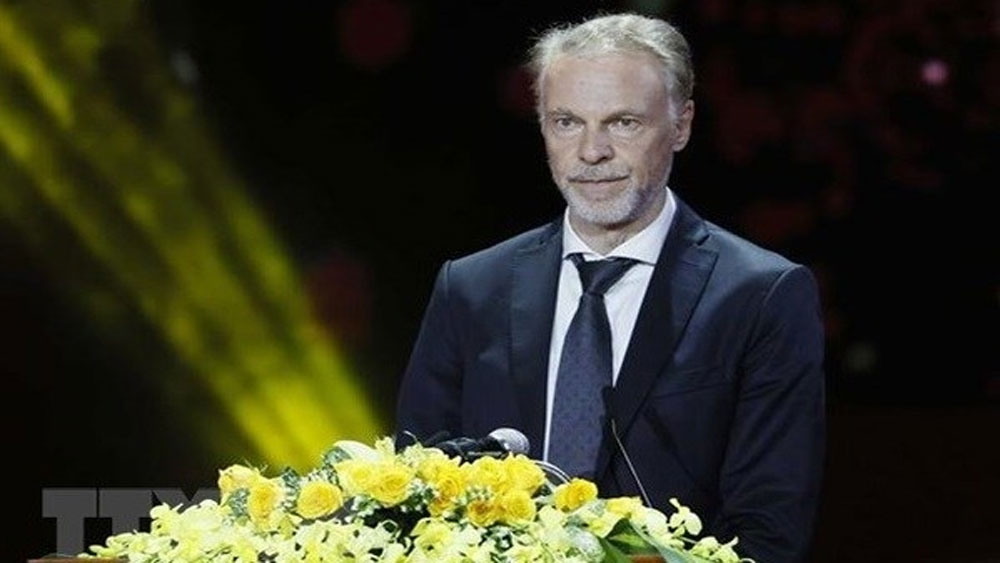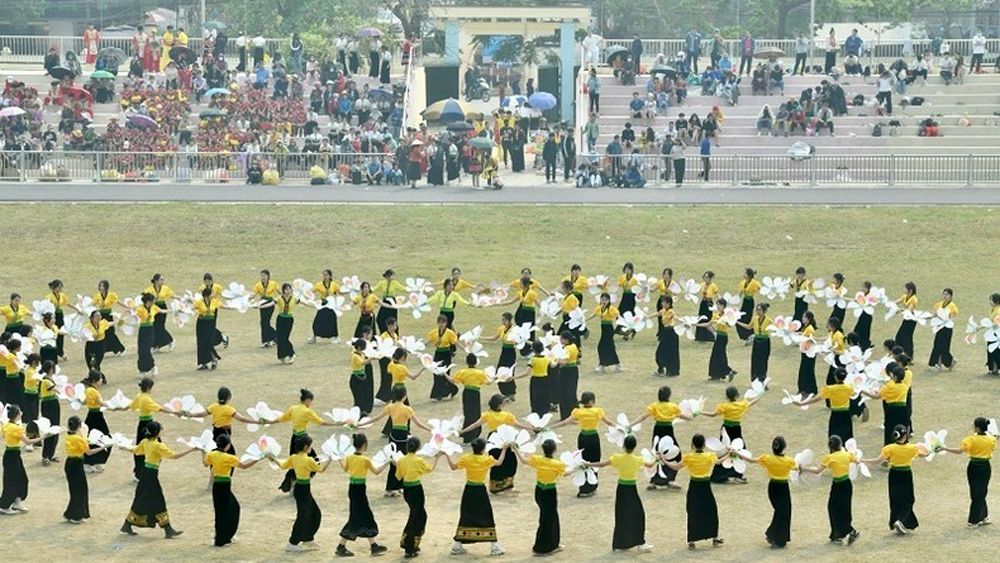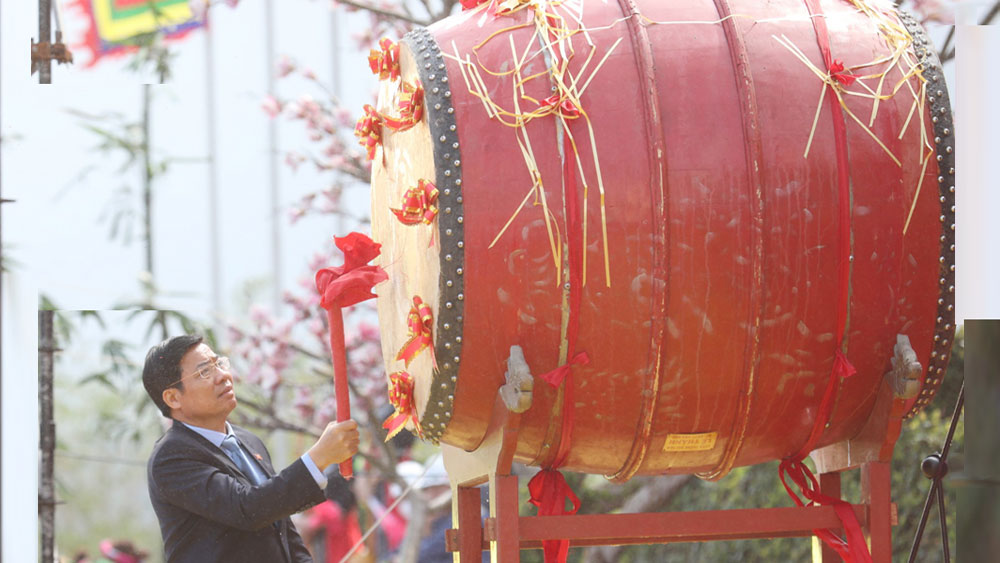UNESCO representative highlights Vietnam’s leading role in protecting heritage
Congratulating Vietnam on the success, Manhart noted that in the election 16 years ago in June 2006, Vietnam was voted to this body, very soon after the convention had entered into force.
 |
|
UNESCO representative in Vietnam Christian Manhart. |
This second time shows that Vietnam remains one of the most active members of UNESCO that stays ready to take up responsibilities in the complex international context of today, he said.
The achievement once again demonstrates the proactive role of the Government and people of Vietnam in activities preserving and promoting the values of intangible heritage. It also affirms the leadership and advice Vietnam can provide to other countries around the world in the field of intangible heritage safeguarding, the official stated.
With this success, Vietnam is assuming important roles in almost all UNESCO mechanisms.
“We hope and believe that Vietnam will assume successfully the role of a Committee member to important issues for the safeguarding of living heritage around the world and the future of the Convention. These include notably the global reflection on the listing mechanisms of the Convention, the Plan for the use of the resources of the Intangible Cultural Heritage Fund and the accreditation of non-governmental organisations,” the official said.
Elaborating on what UNESCO has done so far to help Vietnam in preserving and promoting the values of the intangible cultural heritage, including the removal of the intangible cultural heritage from the urgent safeguarding list, the representative said that the organisation has had various cooperation projects and activities in Vietnam to support the country and local efforts in safeguarding and promotion its rich and diverse cultural practices.
The UNESCO’s past cooperation mainly focused on capacity building, mobilising international expertise and good practices in heritage preservation, raising awareness and promoting a community-centred and rights-based approach in preserving intangible cultural heritage, collaborative research, advocating for heritage education, for the customary rights of local people, especially those living in protected areas, promoting the traditional crafts and tourism for better local benefits and sustainable development, he said.
He held that highlights of the cooperation achievements could be noticed in the success and good practices of Vietnam in institutionalising and encouraging robust heritage education programmes, both in schools and communities, the growing intangible cultural heritage inventories and the strong attention of both the public and the government in investing and reinvesting in the preservation and promotion of intangible cultural heritage.
A significant success was the revival of the Xoan singing in Phu Tho province which resulted in the Intergovernmental Committee’s decision to remove this element from the Urgent Safeguarding Category and transfer to the Representative List in 2017, he noted, stressing that this success set an unprecedented practice and contributed to create the new procedure of this Convention for an element to be transferred from the Urgent Safeguarding List to the Representative List.
Source: NDO/VNA
 Bắc giang
Bắc giang















Reader's comments (0)